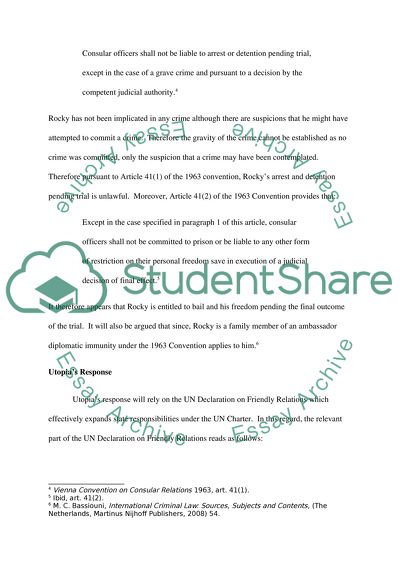Cite this document
(“International law moot Essay Example | Topics and Well Written Essays - 2000 words”, n.d.)
International law moot Essay Example | Topics and Well Written Essays - 2000 words. Retrieved from https://studentshare.org/law/1469945-international-law-moot
International law moot Essay Example | Topics and Well Written Essays - 2000 words. Retrieved from https://studentshare.org/law/1469945-international-law-moot
(International Law Moot Essay Example | Topics and Well Written Essays - 2000 Words)
International Law Moot Essay Example | Topics and Well Written Essays - 2000 Words. https://studentshare.org/law/1469945-international-law-moot.
International Law Moot Essay Example | Topics and Well Written Essays - 2000 Words. https://studentshare.org/law/1469945-international-law-moot.
“International Law Moot Essay Example | Topics and Well Written Essays - 2000 Words”, n.d. https://studentshare.org/law/1469945-international-law-moot.


